Run for your life! Posted by hulda on Oct 15, 2015 in Icelandic culture, Icelandic history
The autumn nights are growing colder and we’re heading for the long dark season, so let’s talk about spooky things! Icelanders of old thought that the only safe place in the world was within the walls of a house (and occasionally not even there, but more on that later on) and well, they were right about that. The world outside was rife with danger of all kinds, the weather, other humans, mythological creatures and beasts, magic, ghosts, even the land itself. Considering what life on this barren little island has been like for most of Iceland’s history this is possibly not surprising in the least so let’s just move right to the main topic of today’s post: a song that lists many such dangers.
Á Sprengisandi (= on Explosion Sands) (You can listen to this song here.)
Sprengisandur is a large desert on the east side of Iceland above Vatnajökull. It used to be a route to the south Iceland that occasionally had to be taken although people did avoid it if they at all could. Sprengisandur really is a dangerous area, and its name comes from the fact that you’ll have to ride your horse without breaks and to cross it in one go, which might mean the horse would “explode”, which originally mean die of exertion.
Ríðum, ríðum og rekum yfir sandinn,
rennur sól á bak við Arnarfell,
hér á reiki er margur óhreinn andinn,
úr því fer að skyggja á jökulsvell;
Let’s ride, ride, fly over the desert,
sun glides behind Arnarfell,
here wander many unclean spirits,
because the shadow on the glacier is growing;
The first two dangers are mentioned! It’s getting dark, which means that if you’re not out of Sprengisandur while you can still see in front of you you’ll soon be in darkness so thorough continuing is useless, but who wants to camp on Sprengisandur? Not the composer, that’s for sure – there are ghosts all around. Possibly there’s a hint that some of them might even come from the glacier itself.
Drottinn leiði drösulinn minn,
drjúgur verður síðasti áfanginn.
God, lead my horse,
harsh will be the last leg of the travel.
Oh yes, so it will be. The song makes no clear definition where the riders are at the moment but certain landmarks that are mentioned tell that they’re riding northwards, and during the song they make their way closer and closer to safety. Still, they’re in a hurry if they want to make it while there’s still light.
Þey þey! þey þey! þaut í holti tófa,
þurran vill hún blóði væta góm,
Þey þey! Þey þey! A fox ran on a hill,
she wants to wet her dry mouth with blood,
Þey þey! is what the fox says! 😀 My apologies for that lame joke. Foxes feature heavily in the creation of some of Iceland’s deadliest monsters, the skoffín and the Skugga-Baldur, both of which were the offspring of a cat and a fox. The first one had cat as mother and fox as father and was therefore somewhat harmless, as weird-looking kittens could easily be gotten rid of.
The Skugga-Baldur was not harmless by any standard. Its father was a cat and mother a fox, so it was born in secret and had a good chance of growing into adulthood. A Skugga-Baldur could speak, was often so clever it could outwit most humans and worst of all could kill you by looking at you. Skoffín could too, but a skoffín had almost no chance of surviving its first days. Unlike the basilisk myth neither of these beasts had to lock eyes with you, if they saw you they could kill you, simple as that – you would never see it coming.
eða líka einhver var að hóa
undarlega digrum karlaróm;
útilegumenn í Ódáðahraun
eru kannske að smala fé á laun.
or maybe someone was shouting
with a strangely dark male voice;
the outlaws on Ódáðahraun
are maybe gathering sheep in secret.
Outlaws stealing sheep would be another, definitely real danger, since these men had nothing to lose. Being an outlaw meant anyone could kill you at sight without getting punished for it, stealing sheep was also punishable by death… and a person crossing over Sprengisandur very likely carried lots of things an outlaw might need, the horses alone would seem very tempting to a band of outlaws. Was the þey þey! sound really the fox or someone giving his friends a signal?
Ríðum, ríðum, rekum yfir sandinn,
rökkrið er að síða á Herðubreið,
álfadrottning er að beisla gandinn,
ekki er gott að verða á hennar leið;
vænsta klárinn vildi ég gefa til
að vera kominn ofan í Kiðagil
Let’s ride, ride, fly over the desert,
darkness is on the side of Herðubreið,
the queen of elves is bridling her horse
nothing good comes from ending up in her way;
my best horse I would give
to arrive to Kiðagil.
Herðubreið is a mountain on Ódáðahraun. Elves in Icelandic lore are never automatically good news, especially if you meet them outside of civilization. So far all the stories of friendly elves happen when humans and elves share very close living quarters, but even then you only need to make one mistake and you’ll have an angry elf coming for revenge. The last lines state his destination is in the north and that he’s so desperate he’d give his best horse to be there already.
Want to read more about the creatures mentioned in this post? Here goes!
Don’t let them see you (about skoffíns and Skugga-Baldurs).
Skugga-Baldur, or Blue Fox; a book by Sjón (an amazing, beautiful and horrifying story that ties into the legend of this beast – recommended for reading!)
Ghosts and hidden people (of the malicious ghost of Gunna, and the hidden people who were friendly to humans).
Beautiful and dangerous (not-so-human friendly elves).
A Yule story (or: how to behave around elves).
Draugasetrið, the haunted ghost museum (more about Icelandic ghosts).
Móðir mín í kví kví (different Icelandic ghost types specified).
The moon is shining, the dead man’s riding (a famous Icelandic ghost story).
The heartbroken girl who became a legend (another popular ghost story).

Build vocabulary, practice pronunciation, and more with Transparent Language Online. Available anytime, anywhere, on any device.
About the Author: hulda
Hi, I'm Hulda, originally Finnish but now living in the suburbs of Reykjavík. I'm here to help you in any way I can if you're considering learning Icelandic. Nice to meet you!



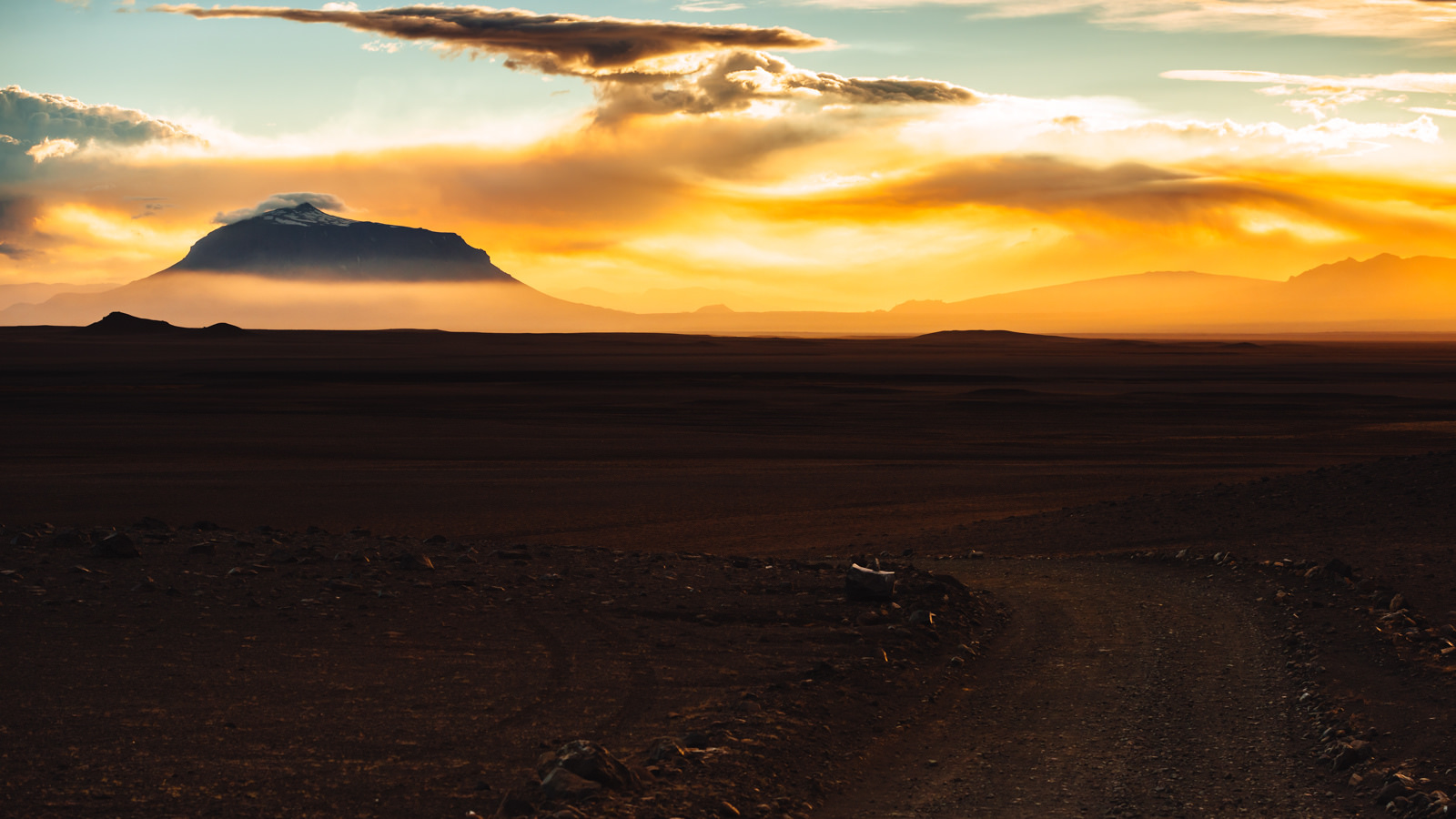
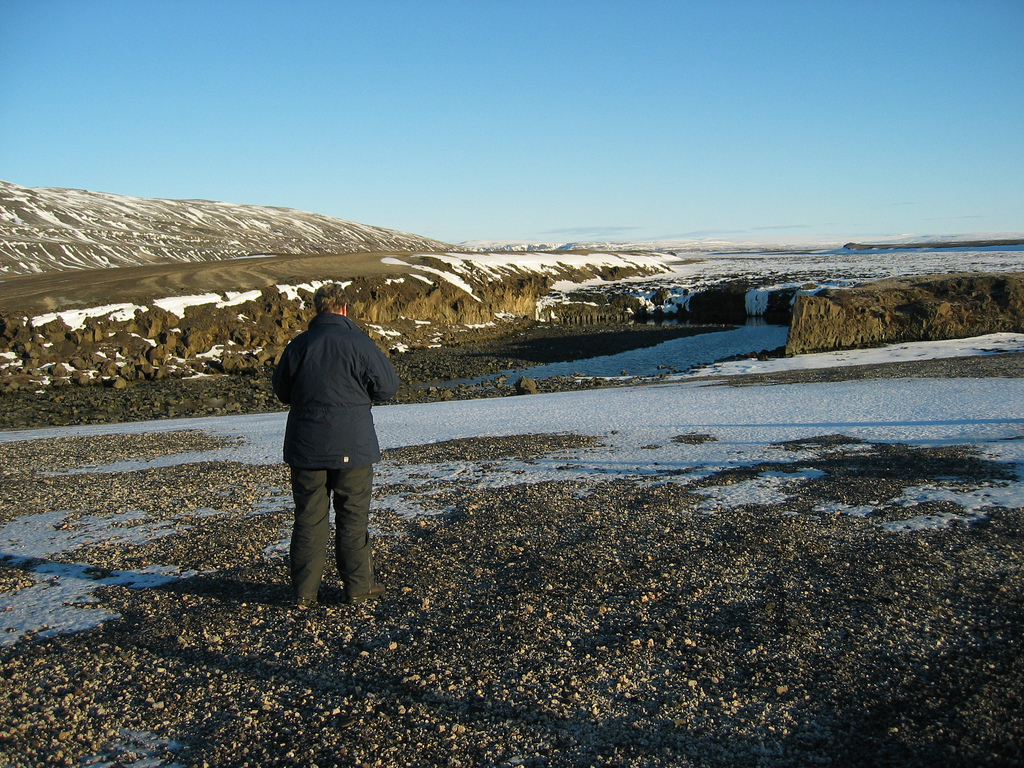
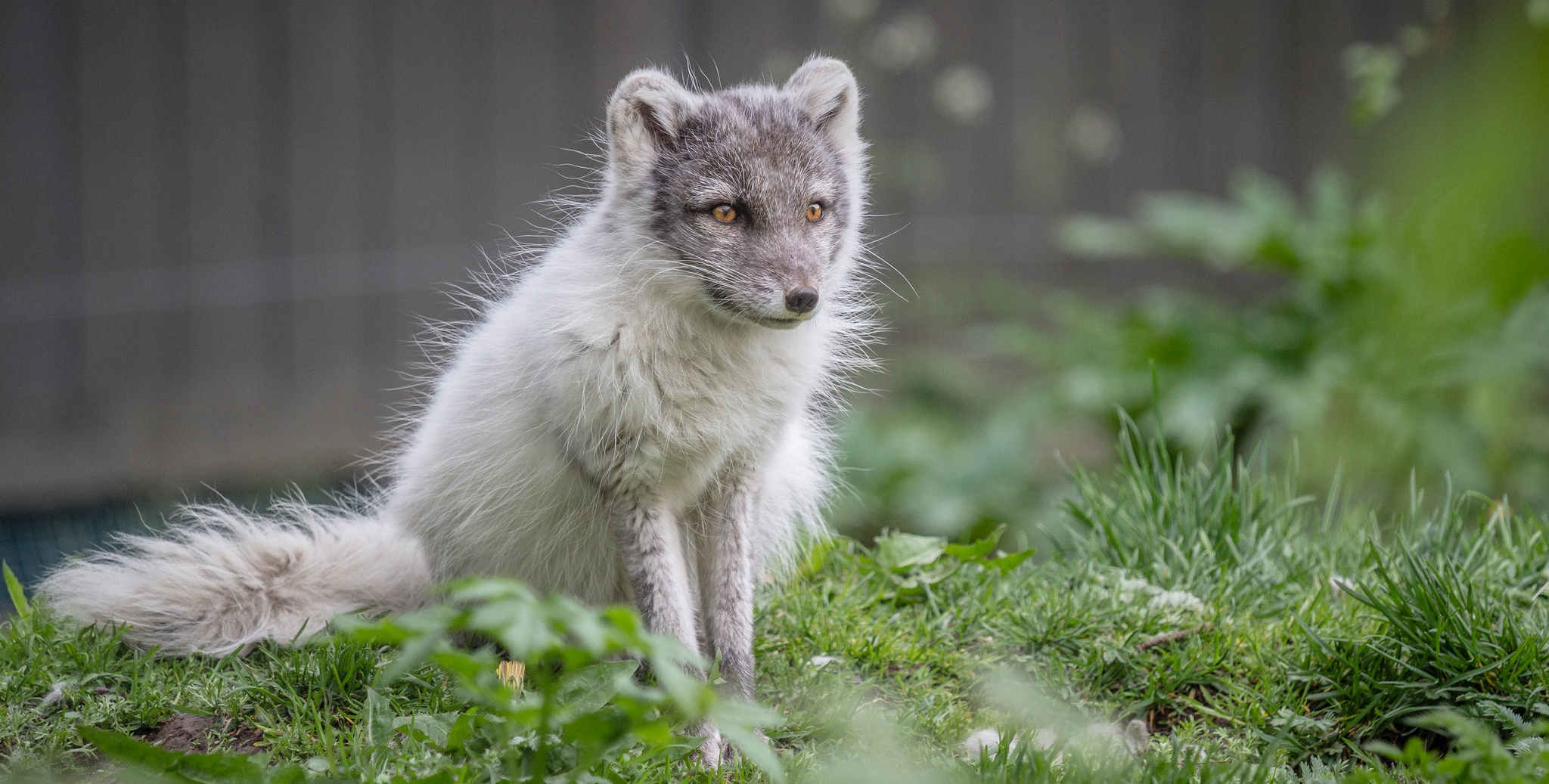
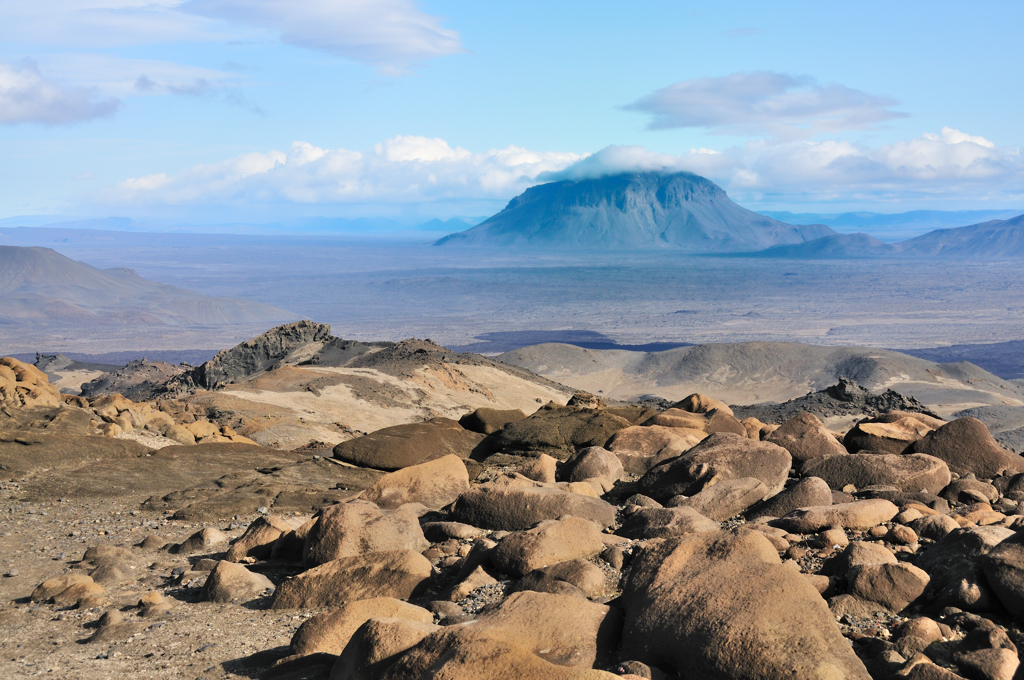
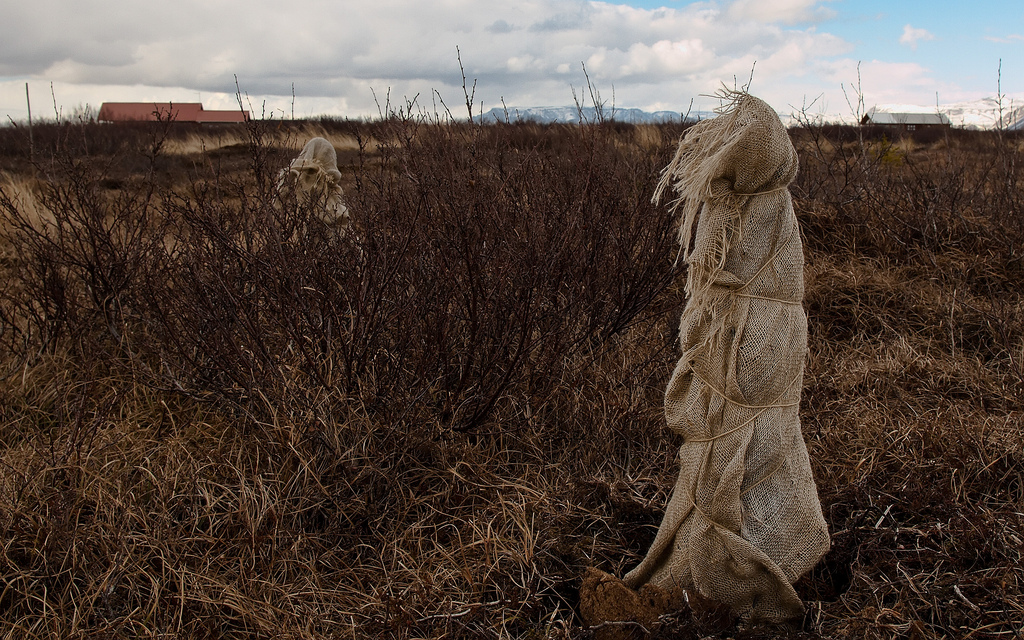

Comments:
Andrea Krupp:
Hi Hulda, I really love your blog, and each post illuminates so much about Icelandic culture and language. Great work, I am inspired by your writing to learn more. A